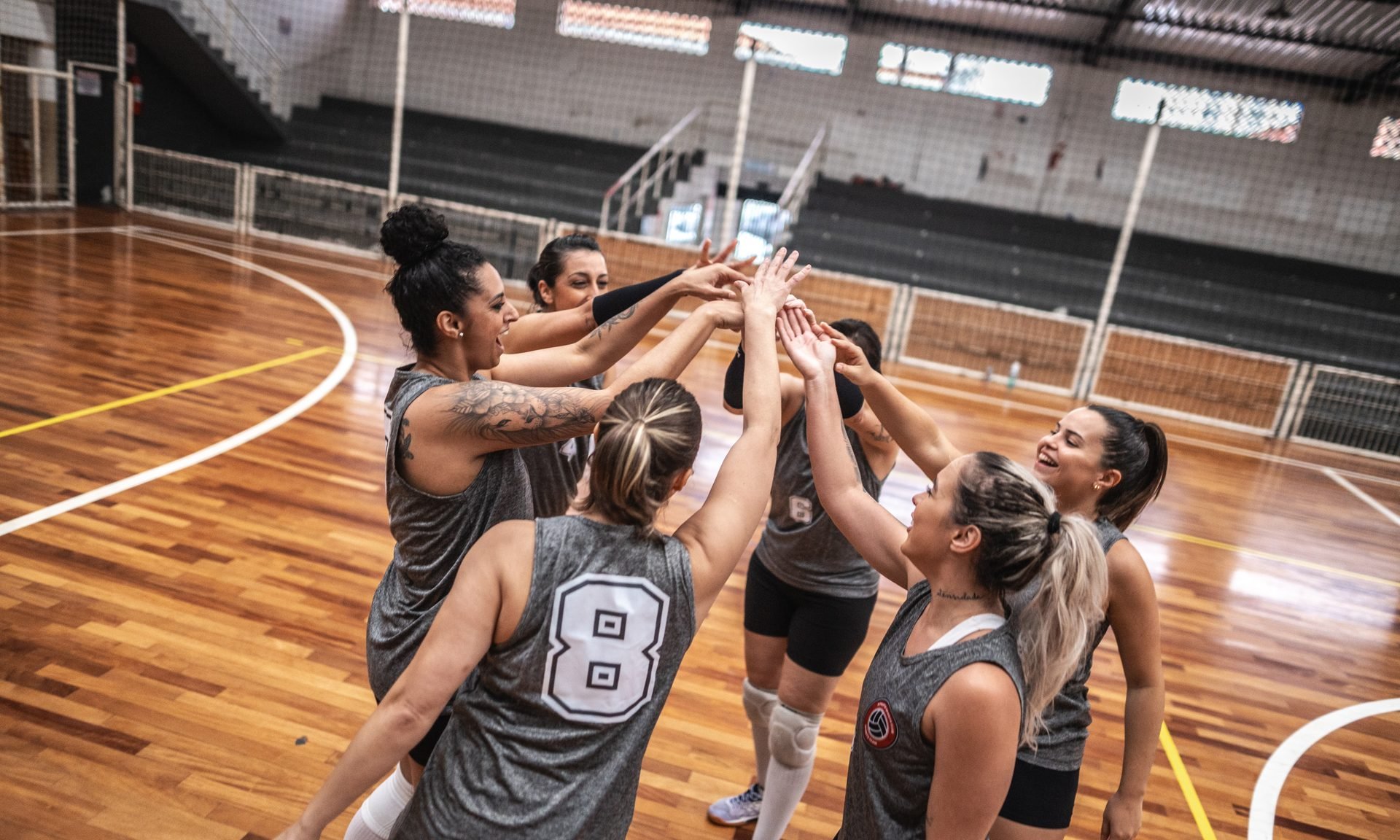What Small-Business Owners Need to Know About NIL Sponsorships
Small-business owners can use name, image, likeness sponsorships, but should be intentional and avoid investing simply as fans.

Many, or all, of the products featured on this page are from our advertising partners who compensate us when you take certain actions on our website or click to take an action on their website. However, this does not influence our evaluations. Our opinions are our own. Here is a list of our partners and here's how we make money.
The NCAA’s name, image and likeness policy, or NIL, is an interim rule that allows college athletes to earn money by lending their celebrity to endorse or promote products, services or brands. Since it took effect in 2021, NIL deals have exploded, increasing by 146% from 2022 to 2023 according to SponsorUnited, an online platform that tracks sponsorship data.
In addition to the impact on college athletics, the policy increases access for smaller businesses that couldn’t previously afford big university sponsorships, allowing them to align themselves with the school brands through smaller NIL deals.
“There are a lot of athletes who want to be part of this economy, at most schools, and not all of them are looking for million-dollar deals,” says Robert Boland, a sports law professor at Seton Hall University and attorney at Shumaker law firm with a specialization in collegiate and professional sports, including NIL sponsorship.
Here’s what small-business owners need to know before investing in this type of partnership.

NIL is similar to other types of marketing
The majority of NIL deals involve social media posts, according to Opendorse, an online athlete marketplace and NIL technology company. These types of deals work similarly to other types of influencer marketing, where popular social media personalities collaborate with businesses to promote their products.
NIL activities can also include print or TV ads, clinics or in-person meet-and-greets or autograph signings. While compensation can be cash, small-business owners can also offer free or discounted products or services to athletes in exchange for promotion, Boland says.
The NIL landscape is broader than it looks
Though big-name companies and star athletes get all the media attention, data from Opendorse indicate that the average NIL deal since the policy was implemented ranges from $228 to just over $10,000, depending on the athlete and collegiate division. Keep in mind, though, that those averages are inflated by high-dollar deals that only a handful of star athletes receive. Many NIL sponsorships are, as Boland describes, “small-dollar deals.”
Though NCAA football is by far the leading sport for NIL endorsements, sports like volleyball, track and field, baseball and softball make up nearly a quarter of NIL activity, and athletes who compete in less visible sports can also be great partners, according to Boland.
The leading industries for NIL deals are apparel and footwear, followed by local restaurants and technology companies — but those aren’t the only businesses that can see a return from NIL deals.
Brian Quigley, founder of Beacon Lending, a Colorado-based mortgage company, has collaborated with three college athletes in Boulder and Fort Collins to promote his business. He’s found that these sponsorships have grown brand recognition and trust, particularly among a younger demographic, and have also deepened his ties with the respective communities, which he sees as especially important for someone in his industry.
Collectives can help facilitate NIL deals
Small-business owners who aren’t comfortable reaching out to athletes directly can go through NIL collectives, which are school-specific, independent organizations that act as marketplaces for athletes to connect with interested companies and vice versa. Collectives function similarly to marketing or talent agencies and are intended to protect athletes and businesses by facilitating NIL transactions and handling the financials of the deals.
Currently, there are over 250 collectives in existence or on the way, and the majority of schools in the Power 5 conferences — The Atlantic Coast Conference (ACC), Big Ten Conference, Big 12 Conference, Pacific-12 Conference (Pac-12) and the Southeastern Conference (SEC) — have at least one collective.
NIL activity isn't uniformly regulated
The NCAA’s policy doesn't allow an athlete to be compensated for athletic performance and strictly prohibits deals that are contingent on enrollment at a particular university. For now, such deals are regulated at the state and university level, which means that schools and students bear the responsibility of monitoring and reporting activity and potential violations.
This has led to concerns that NIL deals lend themselves too closely to a “pay-for-play” model and encourage illegal recruiting activities. Currently, several pieces of bipartisan legislation have been introduced in Congress that could make regulations universal nationwide.
This means that the model for NIL sponsorships is still very “dynamic,” cautions Steven Baker, a mentor at the Coachella Valley, California, chapter of SCORE, a nonprofit that offers free resources for small-business owners. Small-business owners need to be intentional about each aspect of their approach, including their marketing strategy and plans for return on investment, according to Baker. Above all, avoid investing just because you’re a fan.
Small-business owners will need to do their research on whom they’re working with. Quigley’s recommendation is to prioritize authenticity. “Choose athletes who resonate with your brand values,” he said in an email. “It's not just a transaction but a partnership.”
Article sources
NerdWallet writers are subject matter authorities who use primary,
trustworthy sources to inform their work, including peer-reviewed
studies, government websites, academic research and interviews with
industry experts. All content is fact-checked for accuracy, timeliness
and relevance. You can learn more about NerdWallet's high
standards for journalism by reading our
editorial guidelines.
More like this
Related articles







